A month at the University of Prishtina
Two weeks completing an internship in the International Relations Office and two weeks taking part in PISU: Prishtina international summer school, and travelling!
About me
I am currently studying BA (Hons) Criminology with Psychology at Bournemouth University. I chose BU due to this course which massively interested me and I felt would help positively guide me in finding which career within these areas I wanted to go into. BU also had a welcoming presence and showing opportunities available overseas which I was always interested in. I’ve always had an interest in working or volunteering overseas, especially in environments where I could develop a better understanding of other cultures and how international institutions operate in real-world settings. I wouldn’t say I had a set plan from the start, but when the opportunity to do a short-term mobility in Kosovo came up, it felt like the perfect chance to try something completely different while gaining valuable experience. I took part in the mobility for a combination of reasons. On one level, I wanted to challenge myself and grow personally by stepping outside of my comfort zone. But I was also keen to enhance my career prospects and develop new skills — especially around intercultural communication and international cooperation, which are hugely relevant to my field of study. And of course, I was excited to explore somewhere I’d never been before and meet people from different backgrounds. Kosovo turned out to be an incredibly welcoming and fascinating place to do that.
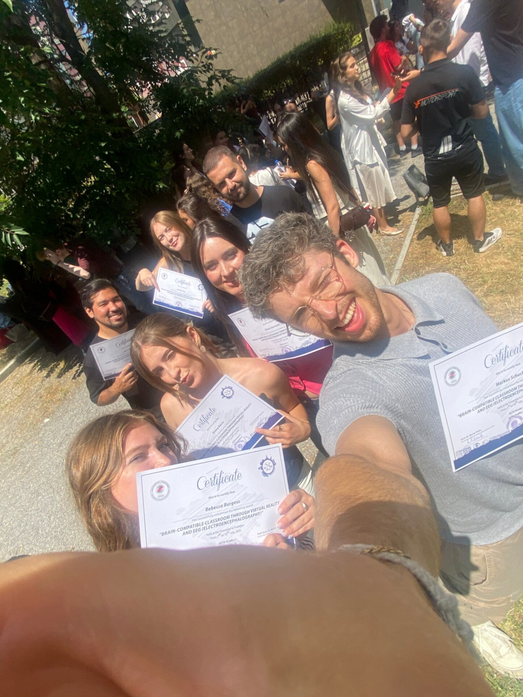
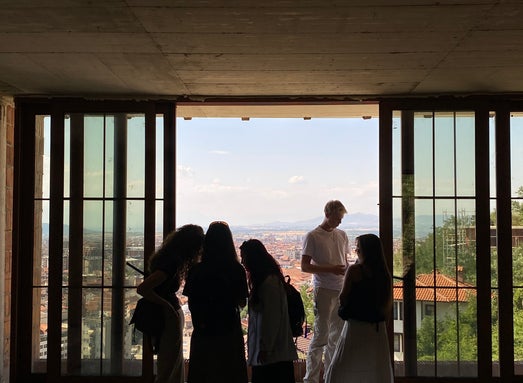
Preparing for the traineeship
I found out about the Kosovo traineeship opportunity through Bournemouth university’s global engagement team and my personal tutor who is good friends with our hosts in Kosovo. The programme was part of a short-term mobility initiative, and I was really interested in it because it combined hands-on internship experience with academic learning through a summer school. That mix of practical and theoretical elements made it stand out.
The host institution, the University of Prishtina, had a welcoming and professional environment, and i liked the idea of working directly in their International Relations Office. It felt like a unique chance to get an insider’s view on how universities operate internationally, particularly in a country that’s developing strong global ties. I did a bit of research into Kosovo and the city we’d be staying in, including its history, culture, and higher education system.
Preparing for the internship
The Turing Scheme funding application process was quite straightforward. BU provided clear guidance and support throughout, from what documents to prepare to how to complete each stage. The staff were there to answer questions, which made a big difference when I was confused on parts of the application.
Receiving Turing Scheme funding had a huge impact on my experience. It meant I could fully take part in this experience and worry a bit less about the financial side to the trip. It covered key costs like travel, accommodation, which allowed me to focus on learning, networking, and immersing myself in the experience. Although, I did need to save for this experience still and it did not cover all my living expenses, without that support, it simply wouldn’t have been possible for me to take part.
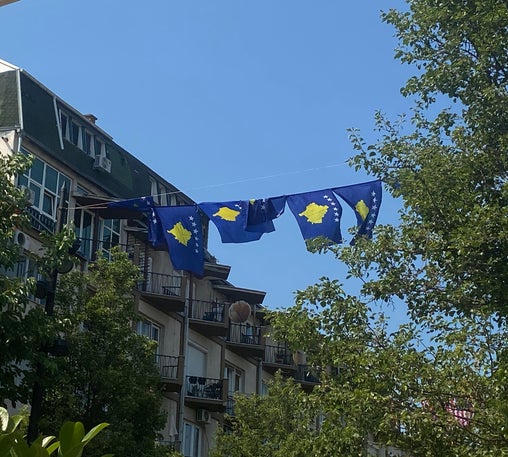
Settling in
Arriving in Kosovo was a mix of excitement and nerves. It was my first time in the country and although I’d done some research beforehand, I didn’t quite know what to expect. The initial feeling of stepping into a completely new environment was a little overwhelming, but this feeling stopped within the first day and I was more excited. Everyone was incredibly friendly from the moment we landed, which made the transition so much easier.
For the first two weeks we stayed in a mixture of hostels and an airbnb during our internship in the international relations office at the University of Prishtina. The airbnb was amazing and we felt the accommodation was really cheap compared to the uk.
There were definitely noticeable differences between life in the UK and life in Kosovo. Culturally, the pace of life felt a bit more relaxed, and people took a lot of time to connect with one another — whether over coffee, food, or just stopping to chat. That was something I really came to appreciate. At the same time, there were some similarities too — especially among the student community with our common interests and goals.
Socially, we were involved in quite a few activities. During the summer school, we attended cultural excursions, museum visits, and walking tours, which helped us understand more about Kosovo’s history and identity. We also had the chance to explore local cafes, restaurants, and markets in our free time. Even simple things like trying traditional food with our group.
we were very excited by the accessibility to travel to different countries from Kosovo just by bus. Throughout our trip we ended up going to North Macedonia, Albania and Montenegro as well as Kosovo as we were fortunate enough to have long weekends which allowed this.
Working life
Although my traineeship in the International Relations Office wasn’t directly in the fields of criminology or psychology, it gave me valuable real-world experience that complements both areas in meaningful ways. Working in an international, cross-cultural environment required a strong understanding of human behaviour, communication, and social dynamics. Much of the work involved communicating with people from diverse backgrounds, handling sensitive information, and navigating cultural expectations, whether through email correspondence, assisting with the planning of the summer school, or liaising with students from partner universities. These are all situations where psychological insight and cultural awareness come into play. It helped me see how transferable my skills are beyond more “traditional” roles in criminology or psychology.
A highlight was watching the summer school come to life knowing that I’d helped alongside it. Participating as a student afterward also gave me a different perspective and helped me appreciate the organisational side even more. What I found challenging at first was adjusting to a more flexible, sometimes informal work culture. Compared to the UK, there was a different pace and approach to structure, which took a little time to get used to. But over time, I became more adaptable and learned to appreciate the importance of patience and communication in unfamiliar settings.
The working language in the office was English, though most staff spoke Albanian among themselves. While I didn’t need to use the local language in my role, I made an effort to learn key words and greetings, which helped build rapport and showed respect for the culture. Being in a multilingual environment also reminded me how crucial communication and empathy are both in psychology and criminology.
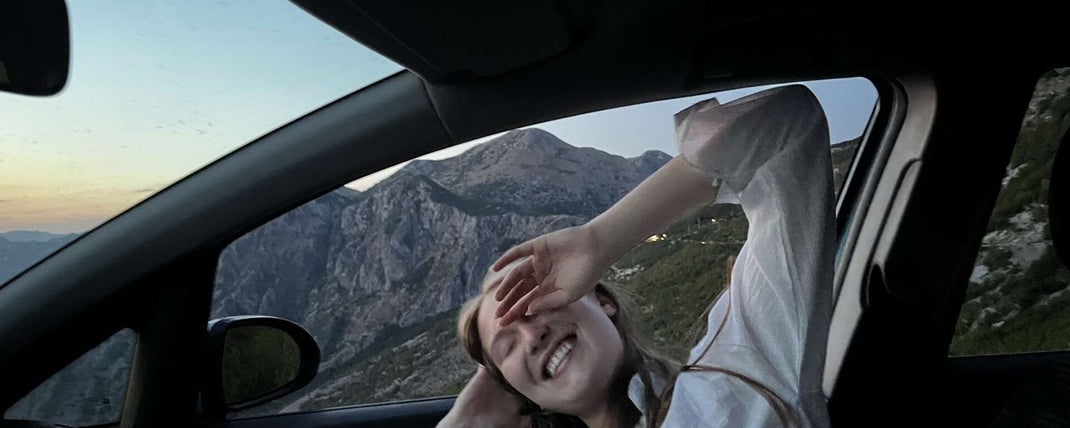
Global outlook and reflections on my experience
This traineeship gave me a unique opportunity to see how different cultural perspectives shape the way people communicate, solve problems, and collaborate, which are incredibly relevant to criminology and psychology. Working in an international environment helped me understand how approaches to conflict resolution, institutional trust, and interpersonal dynamics can vary across cultures, and how important it is to be culturally sensitive in both research and practice.
I also became more aware of my own cultural lens and things like communication styles, attitudes to time, or expectations around structure in the workplace. Living and working in Kosovo made me reflect on how these traits shape how I interact with others, and helped me become more flexible and open-minded.
This experience has definitely boosted my confidence in my future career path. While I may not have worked directly in a criminological or psychological setting, I developed a better understanding of how international organisations work, and how skills from my degree such as empathy, analysis, and communication, are highly transferable. It’s made me more confident about stepping into diverse environments and adapting my knowledge in practical ways. It has also given me more of an idea about which direction I would want to go in my future career. While criminology and psychology remain an area I want to go into, international relations and events such as these summer schools and the valuable work that goes on behind them is an interesting avenue that I will look more into.
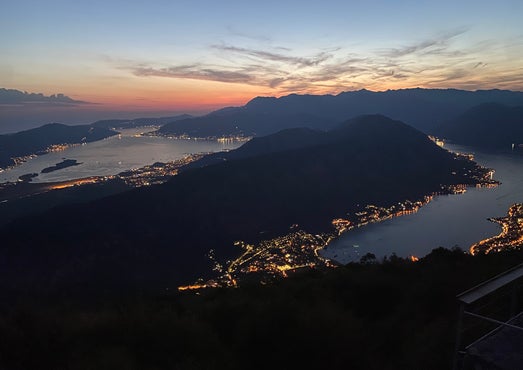
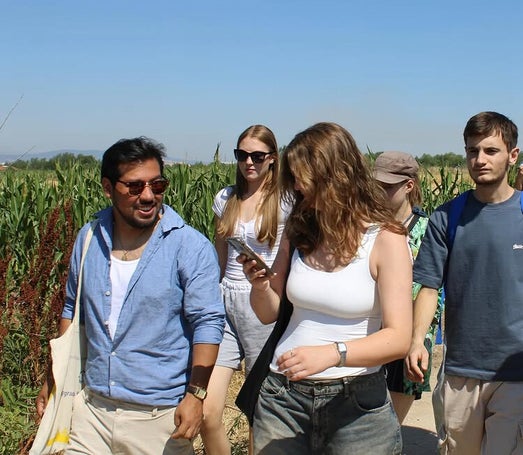
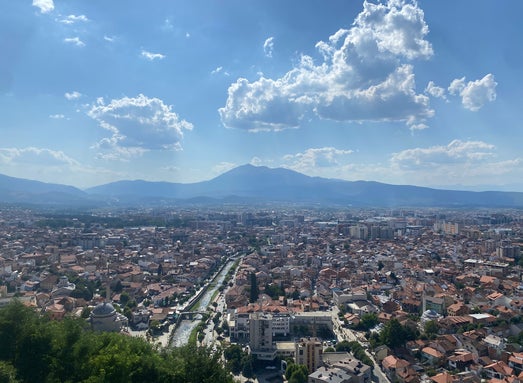
One of the biggest takeaways has been learning how to communicate effectively in intercultural settings. Whether through writing emails to international students, helping coordinate the summer school, or working with staff from different backgrounds, I learned to adapt my tone, language, and expectations based on the audience. This has sharpened my interpersonal skills.
It also strengthened my ability to link academic theory to real-world situations. For example, understanding how cultural norms influence communication and decision-making helped me see how psychological theory applies in everyday interactions, not just in research papers. I feel much more confident in my employability now, particularly in roles that require cross-cultural awareness, organisational skills, and teamwork.
This experience made me realise how much there is to learn just by being in a different environment and listening. It’s motivated me to consider an international career more seriously, whether through postgraduate study, future work placements, or jobs that involve international collaboration.
I’ve grown more confident in initiating conversations, asking questions, and finding common ground, even when there’s a language barrier or cultural difference.
Advice I would give to myself at the start of the month would be to not overthink and have an open mind even from the start of the experience. Although being anxious at the start of the trip it is worth putting yourself in the deep end and making the most out of the interactions with people you have from all over the world. To any student looking to take part in this opportunity I would 100% recommend as although we were able to fully enjoy our time in Kosovo and made great friends at the summer school, this also gave us the opportunity to explore other new countries around Kosovo and we felt as though we really made the most out of our month. My greatest achievement was successfully managing a cross-cultural project that required collaboration between diverse teams. Managing our time was also an achievement as we managed to fit many trips in and allowing us to meet even more great people who we learned from. I strengthened my intercultural communication, problem-solving, adaptability, and emotional intelligence. Personally, I became more resilient and independent, with my confidence and ability to talk easily to new people becoming better. I feel after this trip I am more likely to put myself in situations I am scared or a bit unsure of, as I found even though I was scared before this experience it has led to growth.
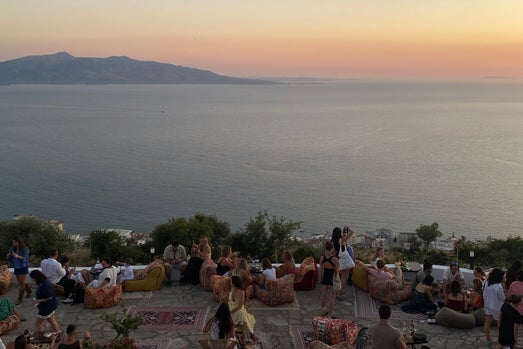
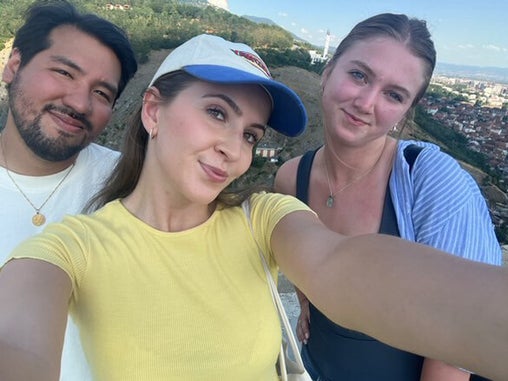
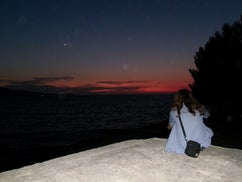
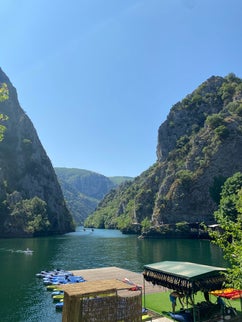
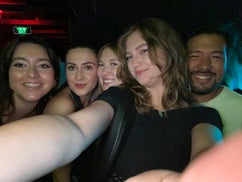
Create Your Own Website With Webador